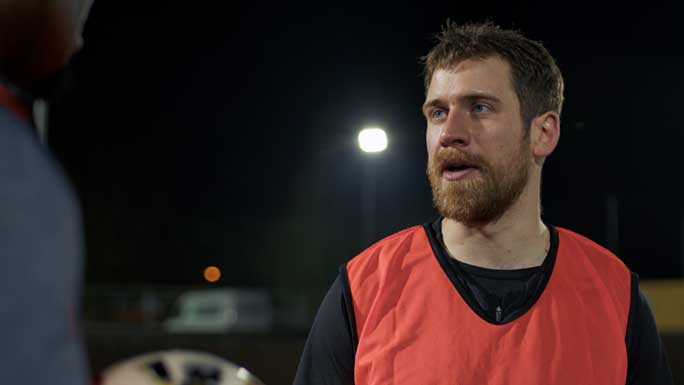Airline industry battles with pilot mental health options after Germanwings tragedy
Since the tradgedy of the Germanwings crash in March 2015, pilot screening and mental health measures aimed at preventing a recurrance are coming into place. However they are tough to impliment and rife with complications.
On 24 March 2015, the aircraft, an Airbus A320-200, crashed 100 kilometres northwest of Nice, in the French Alps. All 144 passengers and six crew members were killed.
International Air Transport Association (IATA) Director General Tony Tyler called the crash, in which the co-pilot locked the captain out of the cockpit and steered the plane into the French Alps, "a deliberate and horrible act by one of our own."
In the Investigation since the crash evidence has been found that the co-pilot, who suffered from severe depression, had researched suicide methods. He was able to hide his illness from his employer sparking the debate about screening pilots the relationship between aero medical doctors and licensing authorities.
The industry and authorities in the United States and Europe are now debating doctor-patient confidentiality, pilot screenings and medical check-ups, but it will be some time before progress is made.
Lufthansa, who own Germanwings, Chief Executive Carsten Spohr said during a panel session at the meeting in Miami "The psychological testing and mental state of pilots, it gets more difficult the more you get into it,". He also suggested the implementing random psychological tests, but admitted there may never be a foolproof response. "If you penalize people with these problems, they will not declare them and may go under the radar and that's the last thing you want," he continued.
"As medical examiners, we always attempt to keep a pulse on both the physical and mental makeup of every pilot we evaluate. This recent tragedy reaffirms the need to scrutinize the pilots we assess and be constantly vigilant of atypical behavior," Dr. Clayton Cowl, President-Elect of the CAMA said.
It has been suggested that other pilots and crew members could keep an eye out for an problems and since the disaster many airlines have implemented a system in which two pilots must be in to cock-pit at all times.
"There's a limitation of what medical doctors can detect and consequently report," Malaysia Airlines CEO Christoph Mueller said. "It needs to be the community where people know each other."
Spohr added that it was important to differentiate between depression and other mental health issues.
"Depression is a common disease and doesn't cause people to do what our pilot has done," he added.










